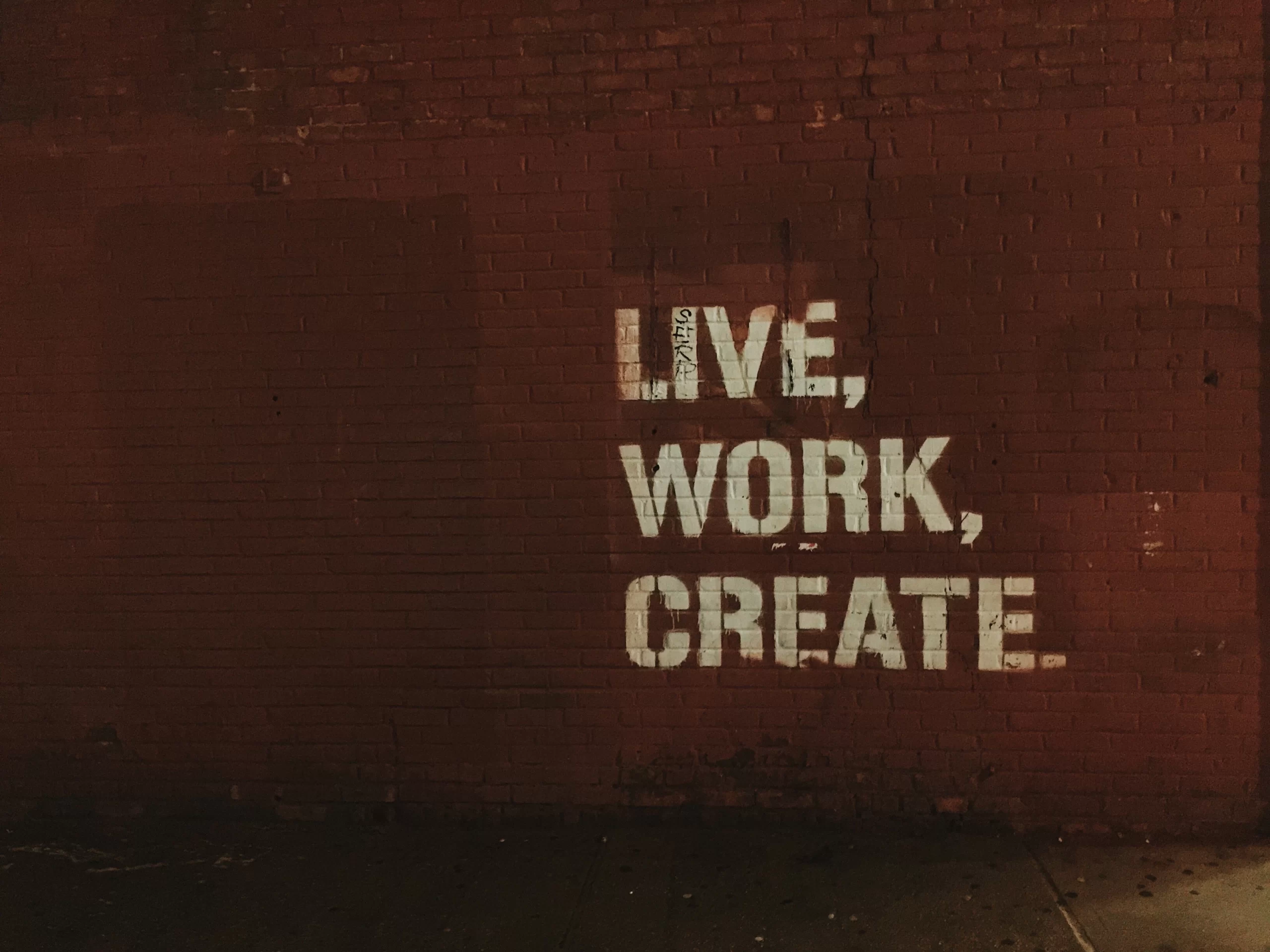Table of Contents
Introduction
In a partnership announced on Monday, WPP, the world’s largest advertising agency, has joined forces with chipmaker Nvidia to create advertisements using generative artificial intelligence. This collaboration aims to revolutionize the way brands develop content for commercial use, leveraging the power of AI to produce advertising campaigns more efficiently and at scale. By integrating content from organizations like Adobe and Getty Images with generative AI, WPP’s creative teams can customize advertising content for different regions, digital channels, and target audiences. The new AI-powered content engine developed by WPP and Nvidia promises to enhance productivity, deliver engaging content, and transform the advertising industry.
AI-Powered Content Creation
The Power of Generative AI in Marketing
Generative AI is rapidly transforming the marketing landscape, and WPP recognizes the immense potential of this technology. According to WPP CEO Mark Read, generative AI has the power to revolutionize the way brands create content for commercial purposes. The integration of generative AI into WPP’s content creation process enables creative teams to leverage content from trusted sources such as Adobe and Getty Images, combining it with AI-generated elements to create compelling advertising campaigns.
This new approach allows companies to produce large volumes of tailored and immersive advertising content, including images and videos. By harnessing the capabilities of generative AI, brands can develop content that resonates with their target audience while also catering to specific regional and cultural preferences. With AI-powered content creation, advertising campaigns can be rapidly adapted for different countries, cities, and digital platforms, enhancing their effectiveness.
Creating Realistic Content Anywhere, Anytime
One of the significant advantages of AI-powered content creation is the ability to generate realistic content without the need for costly on-location production. During a demo at Computex Taipei, WPP showcased its new content engine by creating a realistic footage of a car driving through a desert. Using the AI-powered platform, WPP can seamlessly place the same car on a street in London or in Rio de Janeiro, enabling brands to target specific markets without the logistical challenges and expenses associated with physical production.
The versatility of AI-powered content creation allows brands to create advertising campaigns that adapt to different environments seamlessly. Whether it’s digitally placing products in various settings or altering the backgrounds and surroundings of visuals, the possibilities are endless. This flexibility empowers advertising teams to explore creative concepts and deliver visually captivating content that meets the specific needs and preferences of their target audience.
Tailoring Campaigns to Digital Channels and Users
In addition to adapting content for different regions and locations, AI-powered content creation also facilitates customization for different digital channels and their respective users. Platforms like Facebook and TikTok have unique audiences with varied preferences, and tailoring content to resonate with these users is crucial for engagement and conversion.
With AI, creative teams can build finely tuned campaigns that resonate with their target audience, leveraging insights and data-driven strategies. By analyzing user behavior, preferences, and demographic profiles, AI can generate content that is more likely to capture the attention of specific user segments. This level of personalization enhances the overall user experience and increases the effectiveness of advertising campaigns across various digital channels.
The Impact of AI on Advertising and Media Industries
Boosting Productivity Through AI Integration
WPP’s partnership with Nvidia to develop an AI-powered content engine is just one example of how major companies are rapidly deploying AI to enhance productivity and deliver innovative products to customers. By automating certain aspects of the content creation process, AI frees up creative teams to focus on more strategic and value-adding tasks.
The new platform outperforms current content creation methods, which often involve manual creation and coordination of hundreds of thousands of content pieces using disconnected tools and systems. With AI-driven automation, smaller creative teams can produce the same volume of work with greater efficiency, enabling advertisers to meet tight deadlines and deliver high-quality campaigns.
Addressing Concerns of Authenticity and Trust
While AI presents numerous opportunities in the advertising and media industries, there are also concerns surrounding authenticity and trust. AI has the potential to aggregate information and create visual content that is indistinguishable from photography. As a result, there is a growing need to ensure that AI-generated content is transparently identified and labeled, providing consumers with the necessary information to differentiate between human-created and AI-generated content.
WPP’s new AI-powered content engine addresses these concerns by allowing creative teams to integrate content from trusted sources like Adobe and Getty Images. By combining AI-generated elements with established and recognized content, brands can maintain authenticity while harnessing the power of AI for enhanced creativity and efficiency in content creation.
Conclusion
The collaboration between WPP and Nvidia represents a major step forward in AI-powered content marketing. By leveraging generative AI and integrating content from trusted sources, WPP’s creative teams can produce advertising campaigns more efficiently and at scale. This technology allows for the seamless customization of content for different regions, digital channels, and target audiences, resulting in more tailored and immersive advertising experiences.
While AI offers significant opportunities for boosting productivity and delivering innovative content, it is essential to strike a balance between automation and human creativity. Companies must ensure that AI-generated content is transparently identified, addressing concerns surrounding authenticity and trust. With the right approach, AI-powered content marketing holds great promise for startups and established brands alike, revolutionizing the way they connect with their audience and drive business growth.
Related Links:


Leave a Reply